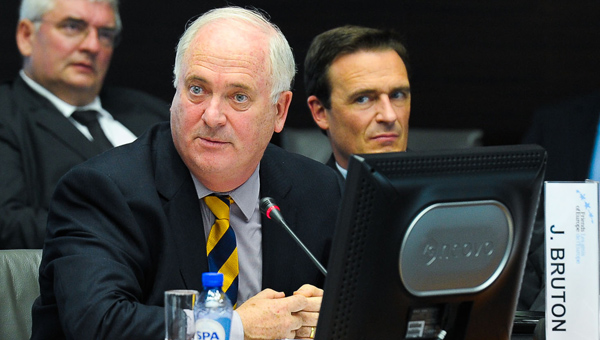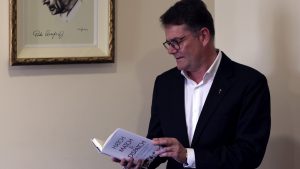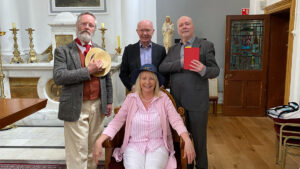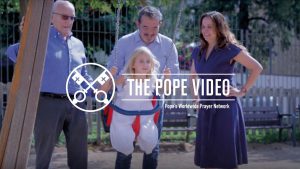Spring Studies


Bruce Bradley SJ, the relatively new editor of Studies, recalls an editorial decision taken last year when Greece, in a catastrophic financial crisis, was in the eye of the storm. Bruce was tempted to commission an article on the consequences if Greece were to leave the euro zone or even the EU. But the situation was so fluid that it seemed better to wait, and Greece presently gave way to Cyprus as the main headache of the EU. Now in the Spring Studies it seems timely to publish the reflection of John Bruton (pictured here) on the future of the EU, and what would happen if it were to break up or countries were to leave. He notes the continuing debate in Britain about its place in the union and the well-publicised desire of the coalition government there to renegotiate its terms of membership.
In Ireland we sometimes see ourselves as the good girl among the bail-out economies on the periphery of Europe. Time magazine suggested that the rest of Europe can learn from Enda Kenny. We relish the approval of the IMF, and the praise of ECB President Mario Draghi for our ‘compliance with the macro-economic adjustment programme’. But this has been at great cost to many, and there have been dark mutterings in some quarters about the erosion of sovereignty. In this Spring issue of Studies, economist Paschal Donohoe looks at the conditions necessary to establish and maintain our economic sovereignty, which he sees as the real ‘national question’ of our time.
From Mammon to God: it is part of the mission of this quarterly to keep a focus on spiritual values, and to pick up traces of them in contemporary culture. Here we have the Jesuit philosopher Tom Casey reporting on “the return of the soul” to public discourse, and analysing what we mean by that vital but easily bandied word. Two other articles circle round the soul: Denis Gleeson reflects on one of the great spiritual writers of the last century, Thomas Merton; and the poet Micheál Ó Siadhail finds the essence of Patrick Kavanagh’s poetry in his theological perspective.
For a less poetic style of theology, Eamonn Hall examines the interface of canon law and common law. Finally, James and Raphael Heffron make a further contribution to the discussion, begun in last summer’s issue, of how modern universities in this part of the world are run, with their essay on ‘Institutional governance in Irish higher education’.
That is the Spring Studies. It is not just the topics, but the intelligence and style with which they are treated, that make this issue worth buying.










